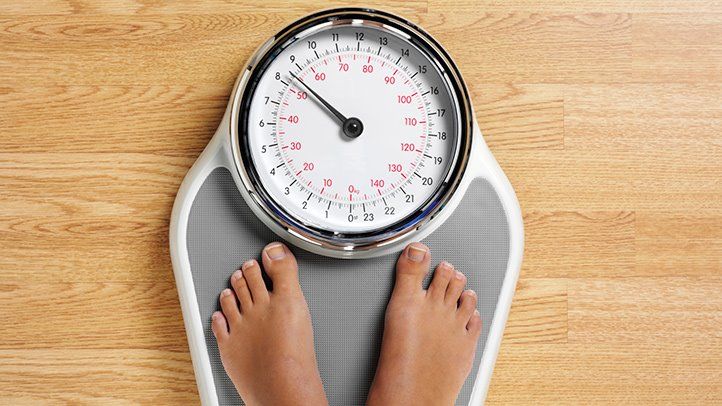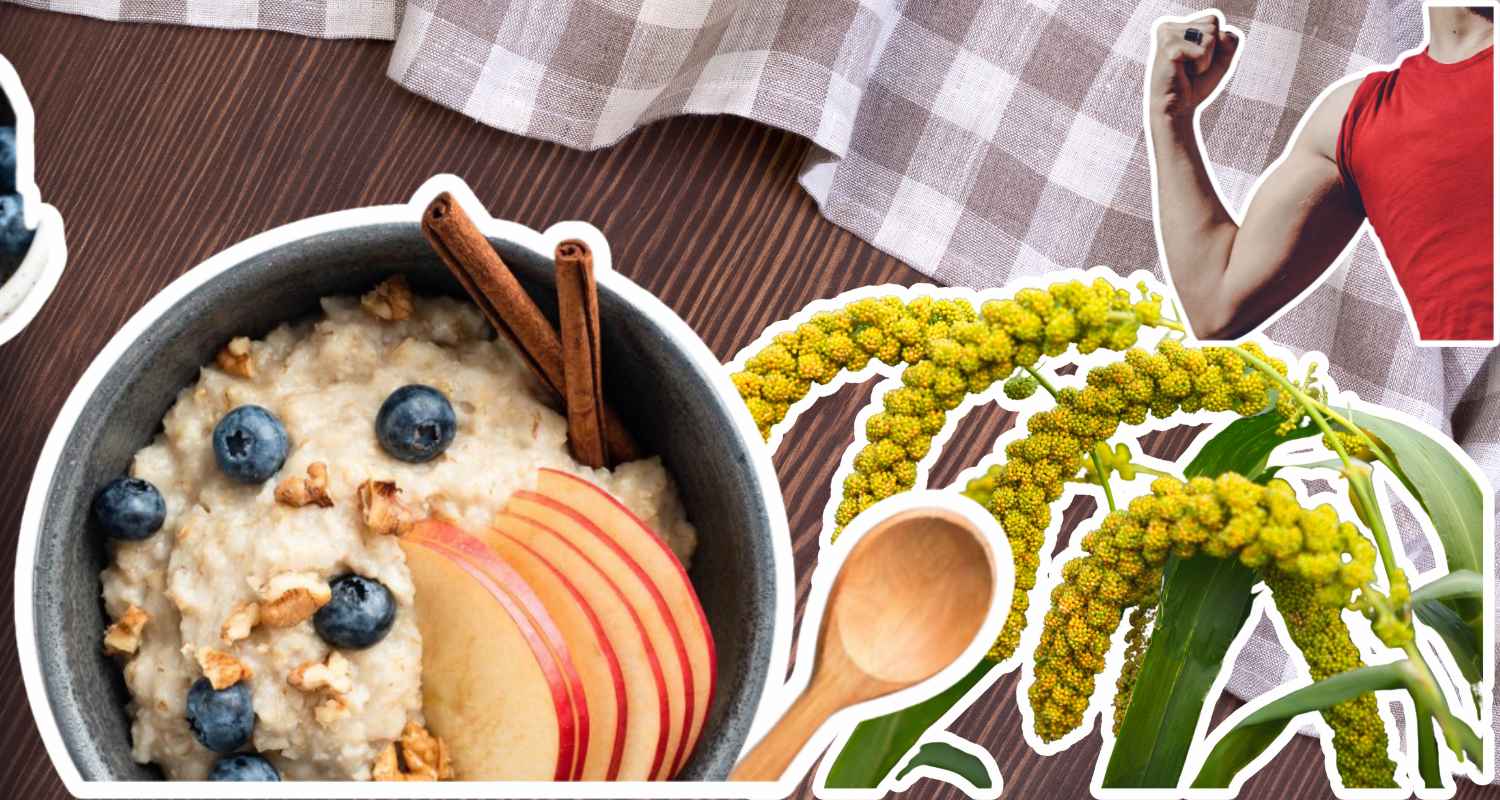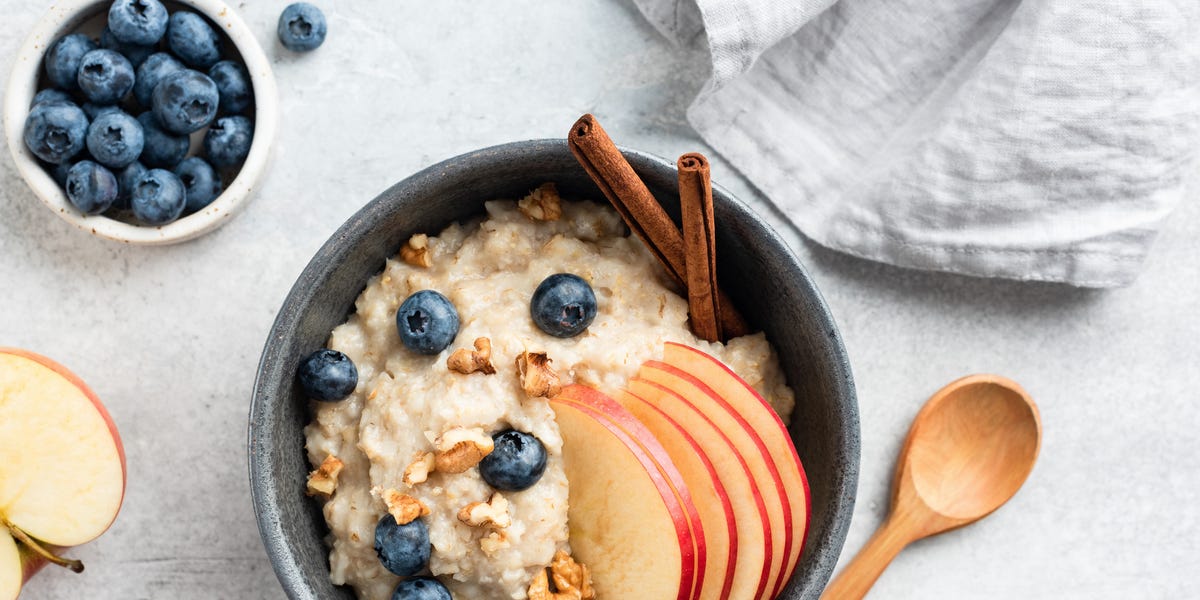The government is celebrating ‘Nutrition Month’ targeting the ‘International Millet Year’ as declared by the United Nations along with the Government of India. The target to promote millet meals is been achieved in government schools and all the nutrition-oriented, health-oriented government offices. But what the corporate slaves like us, who are glued to the screen for 10 hours a day? Well, the corporate employees, due to their sedentary lifestyle are growing more and more health conscious.
In recent years, there has been a growing interest in traditional grains and cereals as people seek healthier and more sustainable food options. One such ancient grain that has gained recognition for its nutritional value and health benefits is millet. Often referred to as “miracle grains” or “nutri-cereals,” millets have been consumed for thousands of years across various cultures. Let’s delve into the world of millet and discover why incorporating these grains into your daily diet can lead to a healthier and more balanced lifestyle.
Millets: A Brief Introduction
 Millets are a group of small-seeded grasses cultivated as cereal crops. They are highly adaptable and can thrive in diverse climatic conditions, making them an ideal choice for regions with irregular rainfall or arid climates. Millets have been a staple in the diets of many Asian and African countries for centuries. The most commonly cultivated types of millet include pearl millet, foxtail millet, finger millet, proso millet, barnyard millet, and little millet.
Millets are a group of small-seeded grasses cultivated as cereal crops. They are highly adaptable and can thrive in diverse climatic conditions, making them an ideal choice for regions with irregular rainfall or arid climates. Millets have been a staple in the diets of many Asian and African countries for centuries. The most commonly cultivated types of millet include pearl millet, foxtail millet, finger millet, proso millet, barnyard millet, and little millet.
Nutritional Powerhouses
Rich in Nutrients: Millets are a treasure trove of essential nutrients. They are abundant in dietary fiber, vitamins (especially B-complex vitamins), minerals (such as calcium, magnesium, iron, and potassium), and antioxidants. These nutrients collectively contribute to better health and well-being.
Low in Glycemic Index: Millets have a low glycemic index (GI), meaning they release glucose into the bloodstream slowly. This property is especially beneficial for individuals with diabetes as it helps in controlling blood sugar levels.
Gluten-Free: Millets are naturally gluten-free, making them an excellent choice for people with celiac disease or those looking to reduce gluten in their diet.
High in Protein: Millets are relatively high in protein compared to other grains, making them an excellent source of plant-based protein.
Health Benefits of Millets
 Weight Management: Millets are rich in dietary fiber, which promotes a feeling of fullness and prevents overeating. Incorporating millet into your diet can aid in weight management and even support weight loss goals.
Weight Management: Millets are rich in dietary fiber, which promotes a feeling of fullness and prevents overeating. Incorporating millet into your diet can aid in weight management and even support weight loss goals.
Heart Health: The fiber, potassium, and magnesium content in millets contributes to heart health by reducing blood pressure and cholesterol levels. They also contain antioxidants that help protect the heart.
Digestive Health: Millets support healthy digestion due to their high fiber content. They prevent constipation, promote regular bowel movements, and maintain a healthy gut microbiome.
Diabetes Management: The low GI of millets helps regulate blood sugar levels, making them an excellent choice for individuals with diabetes or those at risk of developing the condition.
 Bone Health: Millets are rich in calcium, magnesium, and phosphorus, all of which are essential for maintaining strong and healthy bones.
Bone Health: Millets are rich in calcium, magnesium, and phosphorus, all of which are essential for maintaining strong and healthy bones.
Reduced Risk of Chronic Diseases: Regular consumption of millets has been associated with a reduced risk of chronic diseases such as cancer, cardiovascular disease, and hypertension due to their antioxidant properties.
Easy Ways to Include Millets in Your Diet
Replace Rice and Wheat: Substitute millet for rice or wheat in your meals. Millet-based dishes like millet biryani, dosa, or roti can be delicious alternatives.
Porridge: Start your day with a hearty millet porridge by cooking millet with milk or water and adding your favorite fruits and nuts.
Salads: Sprinkle cooked and cooled millets onto your salads for an added crunch and nutrition boost.
Snacks: Use millet flour to prepare snacks like millet-based cookies, bread, or muffins.
Soups and Stews: Add millets to soups and stews for a thicker consistency and enhanced nutritional value.
Millets as Side Dishes: Serve cooked millets as a side dish with your favorite curries or gravies.
In conclusion, millets are a powerhouse of nutrition and offer a wide range of health benefits. By incorporating these versatile grains into your daily diet, you can enjoy improved overall health, manage chronic conditions, and contribute to a more sustainable and eco-friendly food system. Embrace millets as a wholesome addition to your meals and experience the goodness they have to offer.




























